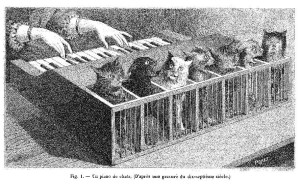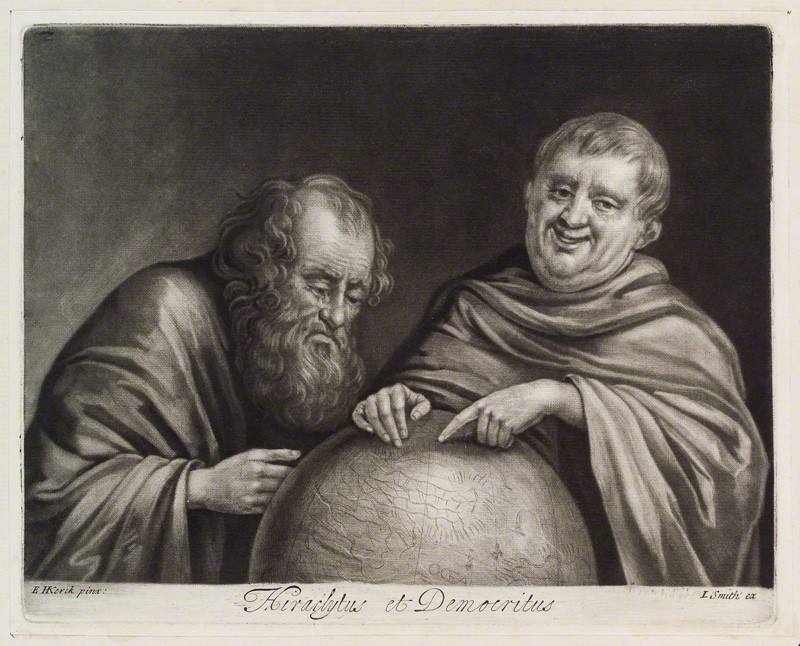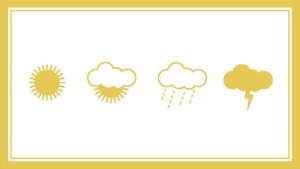
“Cat-piano” from La Nature (1883). Courtesy of the The Bibliothèque centrale du Conservatoire national des arts et métiers
Andrea Korenjak (Austrian Academy of Sciences), Marie Louise Herzfeld-Schild (University of Cologne), Helen Stark (Queen Mary University of London) and the Centre for the History of the Emotions (Queen Mary University of London) warmly invite you to ‘Music, Medicine and Emotions’ at QMUL Mile End campus on 27 May 2016. This symposium aims to bring together researchers working at the intersection of music, medicine and emotional wellbeing and features papers from Thomas Dixon, Morag Grant, Penelope Gouk, Marie Louise Herzfeld-Schild, Peregrine Horden, James Kennaway, Andrea Korenjak, Una McIlvenna, Wiebke Thormahlen and David Trippett. It will conclude with a wine reception and musical workshop (details and full programme below).
Register on the QMUL E-Shop – £25 waged and £15 unwaged/students/concessions Registration closes 22nd May 2016.
The Queen Mary Centre for the History of the Emotions, launched in November 2008, is the first research centre in the UK dedicated to the history of the emotions. One of its key objectives is to provide a focus for interactions between social and cultural historians of the emotions on the one hand, and historians of science and medicine on the other. It also seeks to contribute both to policy debates and to popular understandings of all aspects of the history of emotions.
The Mile End campus of Queen Mary is located in East London, less than five minutes walk from Mile End tube station which is on the Central, Hammersmith and City and District lines. When you arrive at Queen Mary, from Mile End enter through the East Gate (the road is Westfield Way), turn left, walk past the cemetery and Arts Two is on the left hand side. On this campus map Arts Two is building 35 and coloured purple.
This event is a cooperation between the Centre for the History of the Emotions and the project ‘Music, Medicine, and Psychiatry in Vienna (c. 1780-1850)’, Institute for the History of Art and Musicology, Austrian Academy of Sciences, sponsored by the Austrian Science Fund [P 27287]
Music, Medicine and Emotions Programme
Practical Information
Date: 27 May
Venue: Room 2.17, Arts Two Building, QMUL (Mile End)
Time: 11.00-18.00
Programme
[Timings are provisional and may change]
11.00-11.15
Thomas Dixon, Queen Mary University of London. ‘Music and the history of emotions: Introductory comments’
11.15-12.45 Panel 1
Andrea Korenjak, Austrian Academy of Sciences. ‘Music for the Restless Soul in 19th-century Viennese Psychiatry’.
Wiebke Thormählen, Royal College of Music. ‘Framing Emotional Responses to Music: Music Making and Social Well-being in Early Nineteenth-Century England’.
Morag Grant, (independent researcher, Berlin). ‘Of harm and harmony: Music and the representation of torture’.
12.45-13.30
Lunch (provided). Foyer of Arts Two Building
13.30-15.00 Panel 2
James Kennaway, Newcastle University. ‘Anna O.’s Cough: Psychoanalysis and the Decline of the Neuro-Stimulation Model of Music’
David Trippett, University of Cambridge. ‘Phrenologists at the keyboard: materialist thought and musical practice ca. 1840’
Peregrine Horden, Royal Holloway University of London. ‘Context, Emotion and Discontinuity in the History of Islamic Music Therapy’
15.00-15.15
Coffee
15.15-16.45 Panel 3
Penelope Gouk, University of Manchester. ‘Moving the Passions through Music: Some 18th-century British Medical Perspectives’
Una McIlvenna. University of Kent. ‘Songs, Shame, and the Executioner of Justice in Early Modern Europe’
Marie Louise Herzfeld-Schild. ‘“The Powerful Usefulness of Music”: Music, Medicine and Theology in Veritophili Deutliche Beweis=Gründe (1717)’
17.00-18.00
Reception to include singing performance of early-modern ballads with Vivien Ellis.



